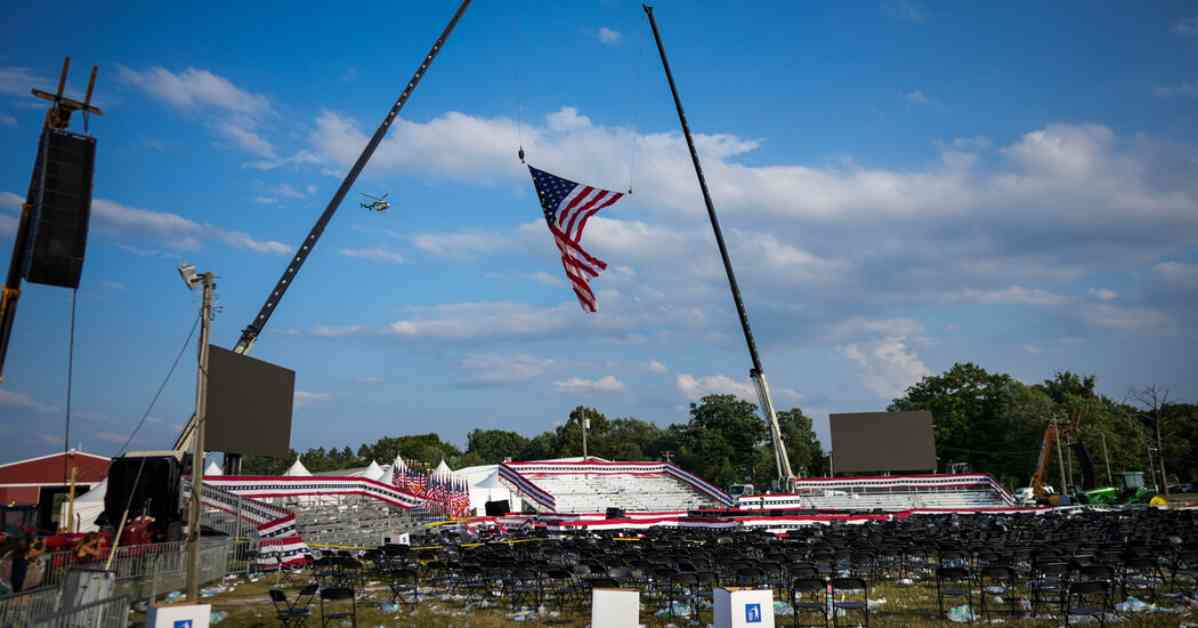Gunshots rang out at a rally for former President Donald J. Trump, and within minutes, conspiracy theories started spreading online. Some claimed that President Biden and his allies were behind the attack, while others suggested involvement by the Central Intelligence Agency or even Hillary Clinton and Barack Obama. These unfounded theories gained traction quickly on social media platforms like X.
Laura Loomer, a far-right activist, posted about President Biden’s recent remarks, twisting them to fit the narrative that the attack on Mr. Trump was planned by the Democrats. She suggested that Mr. Biden’s language about putting Trump in the bull’s-eye incited violence, despite the context of his statement being different. Other critics of Biden, including Republican lawmakers and even the son of the former president of Brazil, joined in blaming the Democrats for the assassination attempt.
The speed at which these conspiracy theories spread online was alarming. Within hours, millions of people had viewed and shared posts alleging that President Biden orchestrated the attack on Mr. Trump. The online ecosystem was flooded with accusations, blame, and conspiracies, all fueled by a deep-rooted distrust in powerful figures and shadowy cabals.
The incident in Butler, Pa., served as a perfect storm for these theories to take hold. With Mr. Trump as the target, someone who often portrays himself as a victim of powerful forces, the conspiracy gained momentum. The narrative was further fueled by years of mistrust in the government and the media, creating an environment ripe for rumors to flourish.
As more details emerged about the suspect behind the assassination attempt, the conspiracy theories did not wane. Instead, they were amplified by various groups and individuals, including Russian sympathizers and pro-police organizations. The unfounded claims that President Biden and his allies were responsible for the attack continued to circulate, despite law enforcement naming a suspect in the case.
The episode highlighted the dangers of misinformation and the rapid spread of conspiracy theories on social media platforms. The online landscape has become a breeding ground for false narratives and divisive rhetoric, leading to a cycle of blame and distrust. It underscores the importance of verifying information and critically evaluating the sources of news and information in an era where misinformation can spread like wildfire.




















